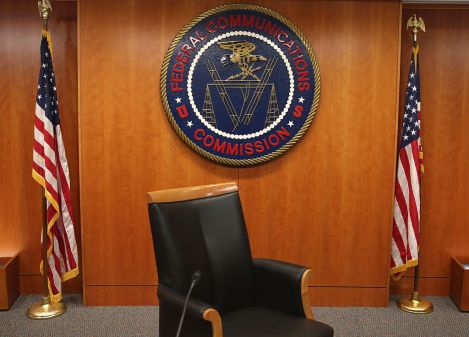The Federal Communications Commission released files Tuesday containing the full library of more than 1.1 million public comments directed at the commission’s Open Internet plan.
Six XML files were released on the commission’s Electronic Comment Filing System (ECFS), totaling 1.4 GB in size. 
“The release of the comments as open data in this machine-readable format will allow researchers, journalists and others to analyze and create visualizations of the data so that the public and the FCC can discuss and learn from the comments we’ve received,” wrote Gigi B. Sohn, special council of external affairs for the FCC in a blog entry. “Our hope is that these analyses will contribute to an even more informed and useful reply comment period, which ends on Sept. 10.”
Comments that were mailed to the FCC prior to July 18 are still being uploaded to the system and may not be included in the first wave of files. Sohn says they will be included as they are scanned into the system.
“To be clear, every comment will be reviewed as part of the official record of this proceeding,” Sohn wrote.
The XML files give the public a different means of searching through the comments on the ECFS website. That system came under scrutiny after “Last Week Tonight” host John Oliver called on the public to weigh in on the net neutrality debate, which crashed the ECFS system.
We’ve been experiencing technical difficulties with our comment system due to heavy traffic. We’re working to resolve these issues quickly.
— The FCC (@FCC) June 2, 2014
We’re still experiencing technical difficulties with our comment system. Thanks for your patience as we work to resolve the issues.
— The FCC (@FCC) June 2, 2014
Sohn hopes the data continues to spur the already-rigorous debate up until the comment period closes.
“We’re hoping that those who do have the technical know-how will develop and share these tools for the public to use,” Sohn wrote “Open data is an important step towards greater transparency in public deliberations. We look forward to seeing and benefitting from the fruits of your efforts and welcome your ideas on how to make this data even more useful.”






